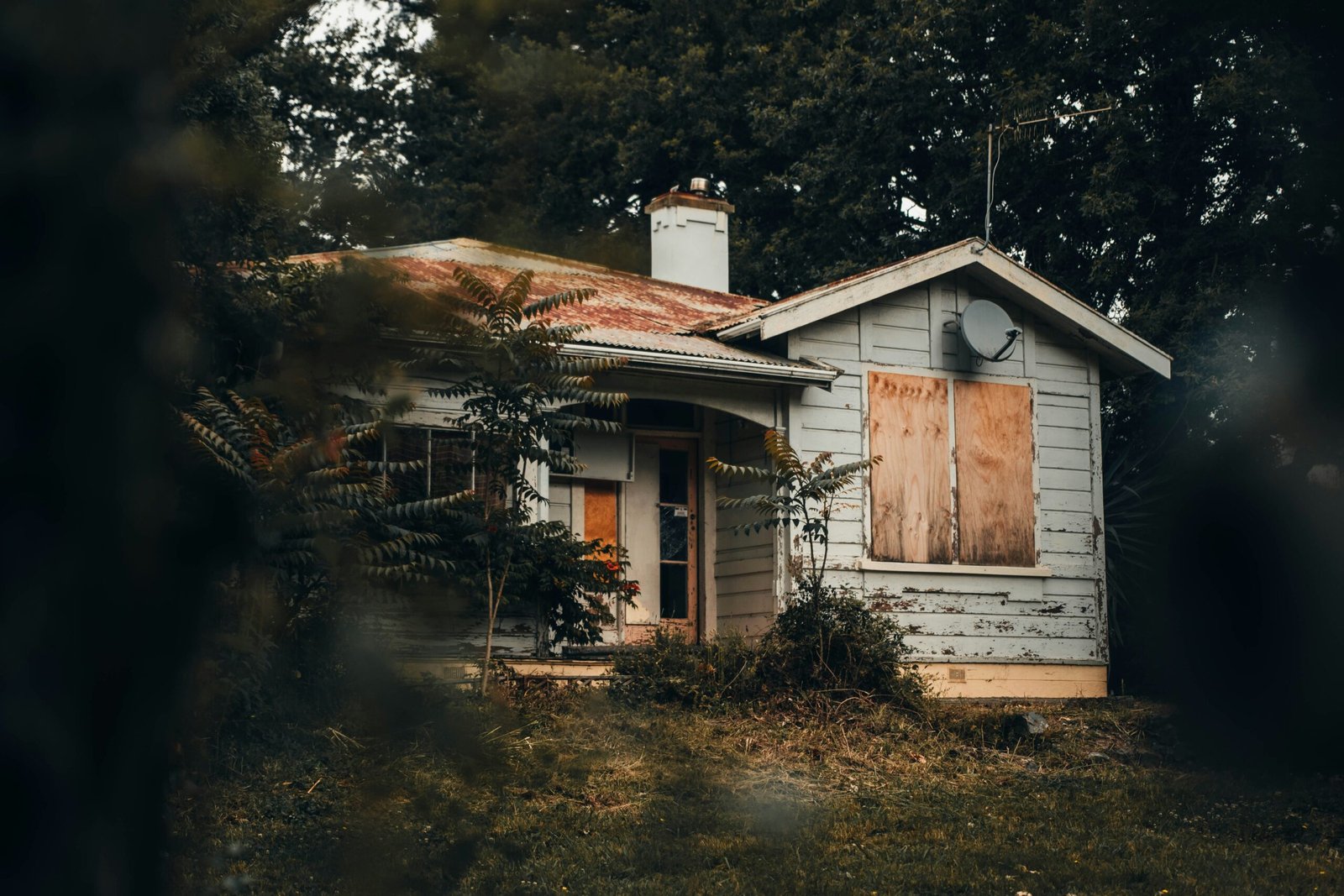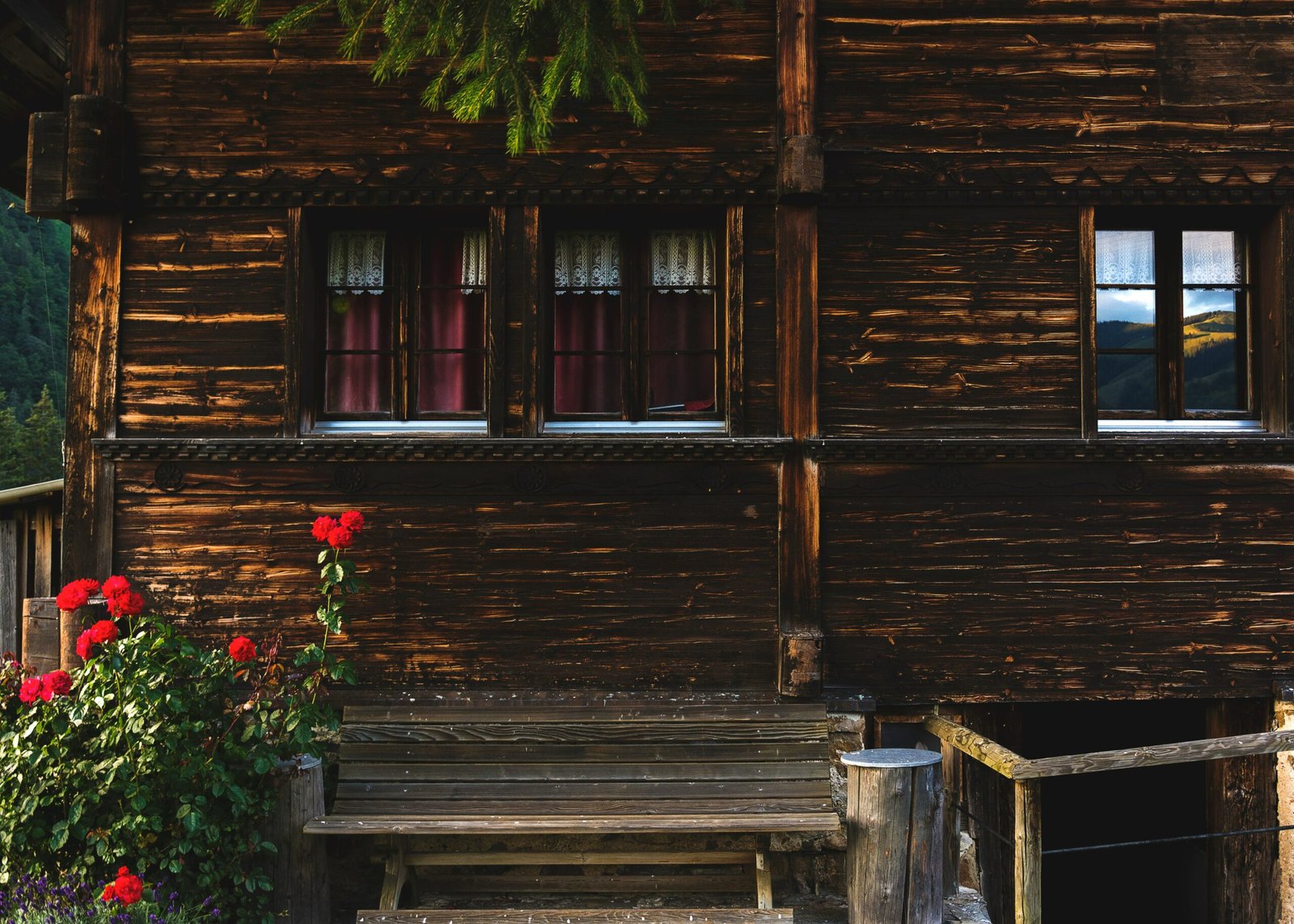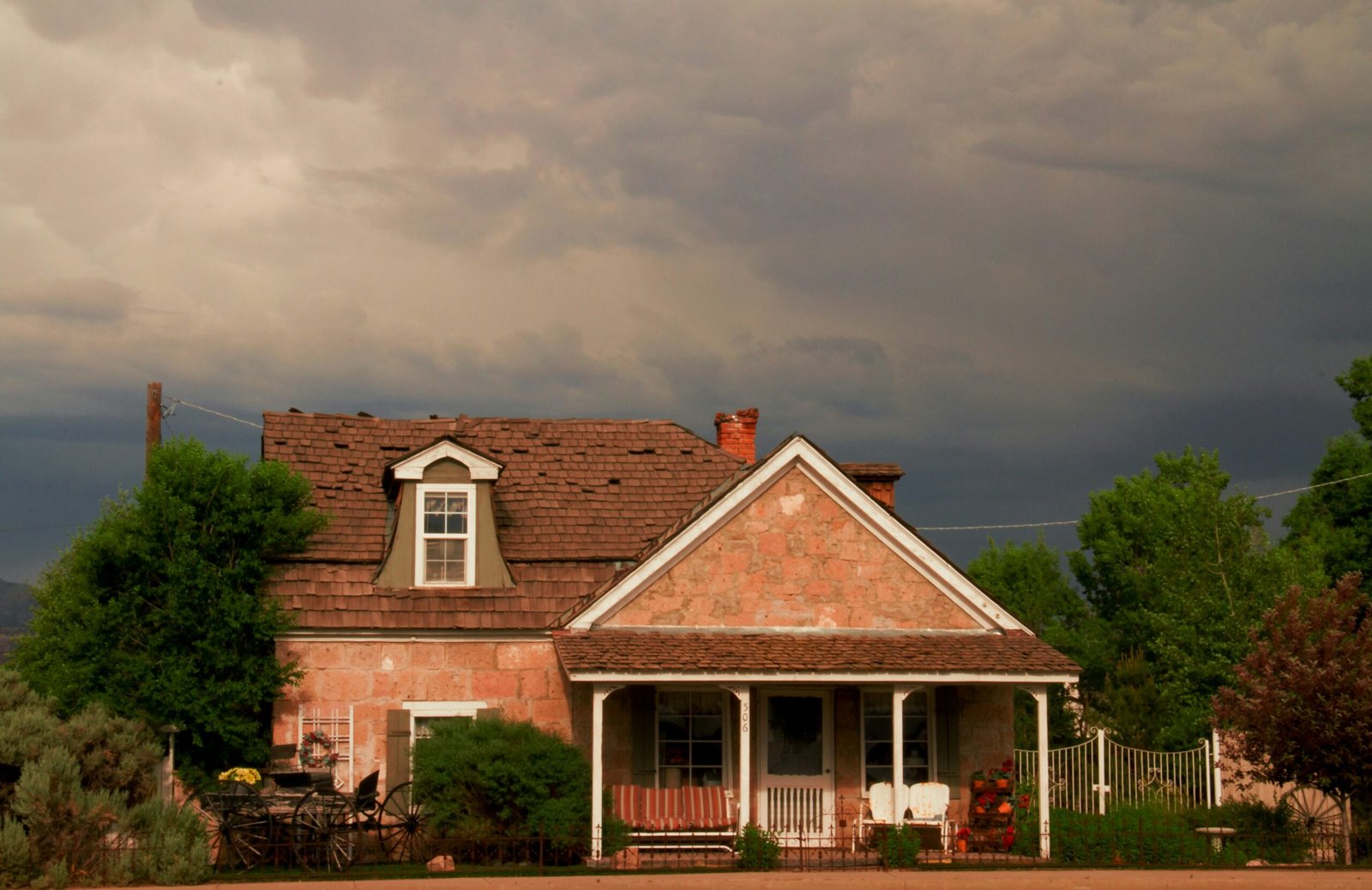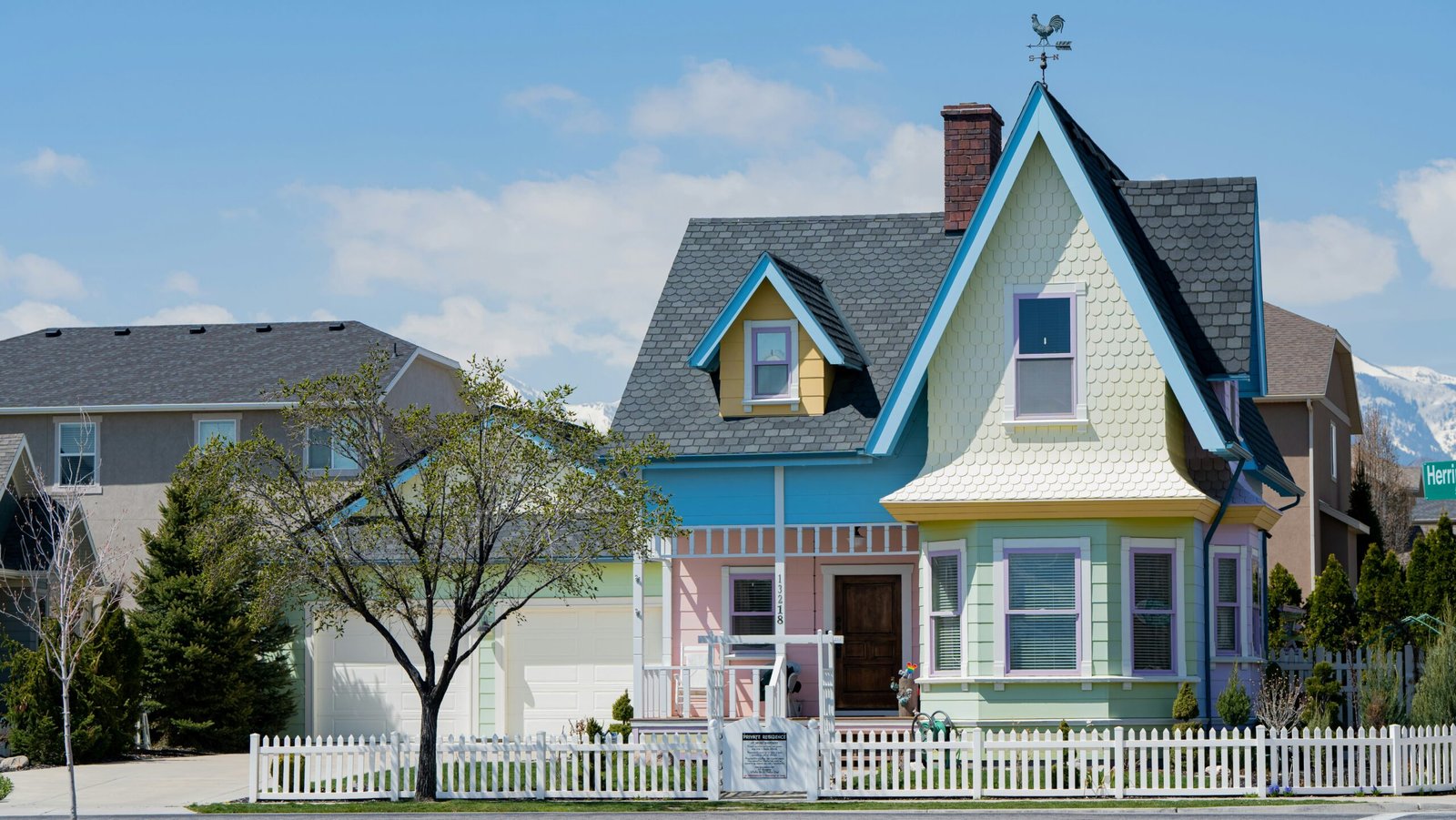As a homeowner, protecting your property isn’t just about having the right coverage — it’s also about maintaining your home consistently. While many people understand the importance of having homeowner insurance, fewer realize that regular maintenance plays a significant role in how claims are handled. In fact, neglecting simple upkeep can sometimes lead to claim denials or reduced payouts.
Let’s explore why regular maintenance insurance awareness is so essential — and how being proactive can save you time, money, and stress.
The Connection Between Maintenance and Coverage
Insurance companies provide coverage to help protect against unexpected damage, not issues caused by wear and tear or homeowner negligence. If your roof leaks because a tree crashed into it during a storm, you’re likely covered. But if the leak is due to years of ignored deterioration, your claim might be denied.
That’s why regular home upkeep is more than just good practice — it’s a part of being a responsible policyholder.
Common Maintenance-Related Claim Issues
Many claims are impacted by a lack of regular maintenance. Here are a few areas where neglect can backfire:
Roof Damage: Cracked shingles or moss buildup left unaddressed can lead to leaks — and denied claims.
Plumbing Failures: Ignoring slow leaks or old pipes can result in flooding that your insurer may see as preventable.
Foundation Problems: Small cracks or drainage issues, if left untreated, can lead to major structural damage.
HVAC System Neglect: Skipping regular servicing can cause breakdowns during extreme weather — which may not be covered.
Taking care of these areas doesn’t just prevent problems; it also shows insurers that you’re doing your part in safeguarding your home.
Why Maintenance Records Matter
Keeping a record of your home maintenance helps support your case if you need to file a claim. This can include:
Invoices from roof inspections or plumbing repairs
Notes from seasonal HVAC servicing
Photos of completed improvements or cleanups
When insurers assess a claim, especially for water damage, fire, or mold, being able to show you’ve done your due diligence can make all the difference.
Insurance and Liability: A Shared Responsibility
In some cases, damage on your property can affect others — like if a tree on your property falls and damages your neighbor’s fence. This is where understanding general liability insurance becomes important. If the cause was neglect (such as an obviously rotting tree), you could be held financially responsible.
Regular maintenance isn’t just about protecting your own property — it’s also about limiting liability risks that can impact your financial well-being.
Tips to Stay Ahead of Maintenance
Want to avoid surprises when filing a claim? Here’s a checklist to follow:
Schedule annual roof inspections
Check for leaks or signs of moisture monthly
Clean out gutters regularly
Replace old caulking and weather seals
Service your HVAC system before summer and winter seasons
Trim trees and remove dead branches
Being proactive makes you less likely to run into denied claims due to neglect — and it helps you avoid costly repairs in the long run.
Final Thoughts: Protecting Your Home Starts with You
Having the right homeowner insurance is crucial — but it only works in your favor when paired with responsible maintenance. Insurance providers expect homeowners to take reasonable steps to care for their properties. Skipping regular upkeep doesn’t just invite problems; it can also reduce the support you get when you need it most.
Looking for more resources on coverage types and how they relate to your home and liability? You can visit this home insurance service page to explore available options and make informed choices.
Remember: Regular maintenance insurance isn’t just about what’s in your policy — it’s about how you protect your home every day.



























